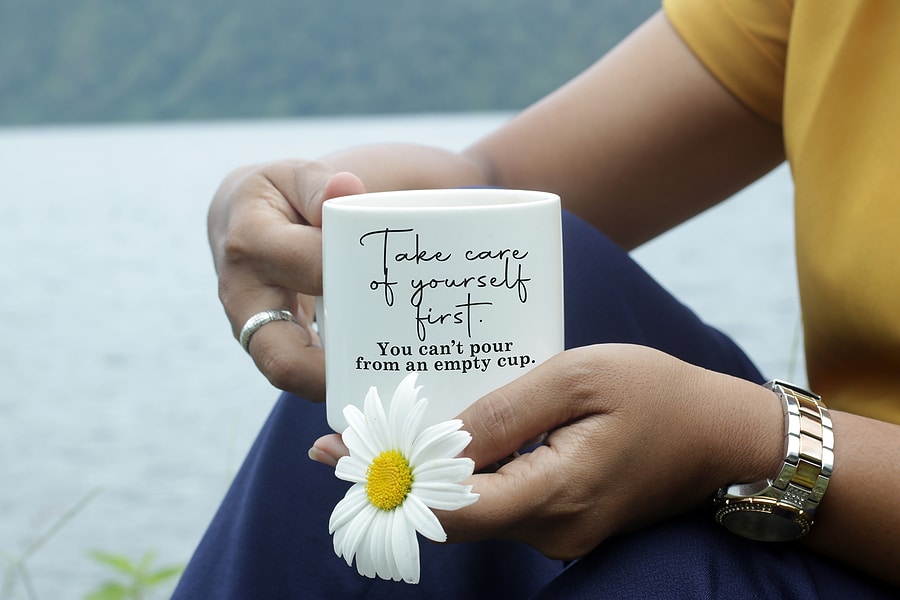The Importance of Self-Care for Caregivers
Do you care for a family member who is chronically ill, elderly, or living with a developmental disability? If so, you are no stranger to the stress involved with caring for a loved one. In the midst of cooking meals, grocery shopping, managing medication, and any number of related tasks, many caretakers forgo making their own needs a priority. At RISE Services, Inc. we see, firsthand, how much time and energy caregivers sacrifice for their loved ones, and we truly appreciate the work they are doing. We also want to remind them of the importance of caring for themselves.
Those At-Risk for Caregiver Stress
Anyone who is taking care of an individual who is ill, or lives with a physical, intellectual, or developmental disability has a chance of experiencing caregiver stress. There are certain factors that cause individuals to be more at-risk for this type of pressure, such as the following:
- Being female
- Having depression
- Living with the person you care for
- Financial hardships
- Lack of coping skills
- Difficulty solving problems
Signs You’re Neglecting Self-Care
You may think you’re too busy to set aside time for self-care, but it’s imperative that you provide for your own health and well-being, too. Being stressed over long periods of time can harm both your physical and mental health. When you notice any of these signs, it’s time to make self-care a priority:
- Overwhelmed or constantly worried
- Not getting enough sleep
- Easily irritated or angry
- Frequent headaches and other physical issues
- Abuse of drugs or alcohol
- Increased symptoms of depression or anxiety
How to Care for Yourself
The demands of being a caregiver are huge. Even the most healthy and capable people only have so much energy to spare. Read through these self-care tips and consider adding one or more of these activities to your daily routine:
- Accept help when offered, even if it’s something as minor as picking up your groceries or watching your loved one for an hour so you can have some time to yourself.
- Set realistic goals by prioritizing both your loved one’s needs and your needs as well as setting and following a daily routine.
- Learn to say no to events you don’t have time for, such as hosting a family get-together, so you can make time for events in which you are interested, like volunteering or attending local concerts.
- Connect with others for support, whether it’s a support group for caregivers or having coffee or lunch with friends.
Thank You for All You Do
We want to express appreciation for all the caregivers that have at one time or are currently supporting and caring for their loved ones. This is never an easy job, but it can be very rewarding. If you find yourself in need of outside support, contact us to learn about the various resources and tools available to you.
Source: “Caregiver stress: Tips for taking care of yourself.” Web article. Mayo Clinic. Mayo Foundation for Medical Education and Research (MFMER). Web. 09 Dec. 2022.



